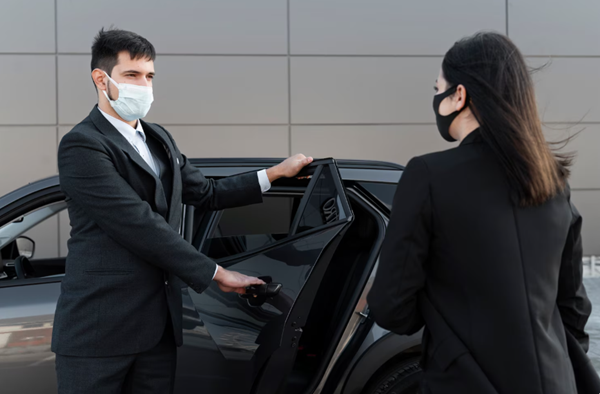In an era of ubiquitous cameras, it is crucial to understand the limitations surrounding the prevention of photography and videography. Specialists in executive protection in Brazil face legal boundaries when it comes to stopping third parties from capturing images. Let’s explore this topic to gain a clear understanding of the constraints.
Under the Brazilian Penal Code’s Article 146, it is explicitly stated that preventing someone from taking photos or filming through coercion constitutes a criminal offense. These Specialists in Executive Protection Services Brazil cannot employ illegal means to hinder others from capturing images. This legal protection ensures that everyone’s rights are respected, free from undue constraints.

While specialists cannot outright prevent photography and videography, they are trained to employ measures that make image capture challenging. These techniques may include strategic positioning in front of the client or implementing other strategies to protect their privacy and security. The objective is to safeguard their well-being and prevent potential misuse of the images taken.
In public spaces, where there is no reasonable expectation of privacy, individuals possess the legal right to take photos or film others without consent. This recognition of freedom in public spaces strikes a balance between personal privacy and the fundamental right to freedom of expression.
However, the right to image is not absolute. If someone uses these images for commercial purposes or causes material or moral harm, legal consequences may arise. The law provides protection against the misuse of images, allowing affected individuals to seek compensation for damages incurred as a result of such misuse.
Understanding these limitations is crucial in our interconnected world. While specialists in executive protection cannot prevent others from capturing images, their focus remains on preserving the privacy and security of their clients.
Remember, this blog post is not intended as legal advice. It provides general information based on the Brazilian Penal Code. For specific legal advice, consult a qualified legal professional.
Feel free to reach out if you have any further questions or concerns. We are dedicated to meeting and exceeding your expectations, as your privacy and satisfaction are our top priorities.




